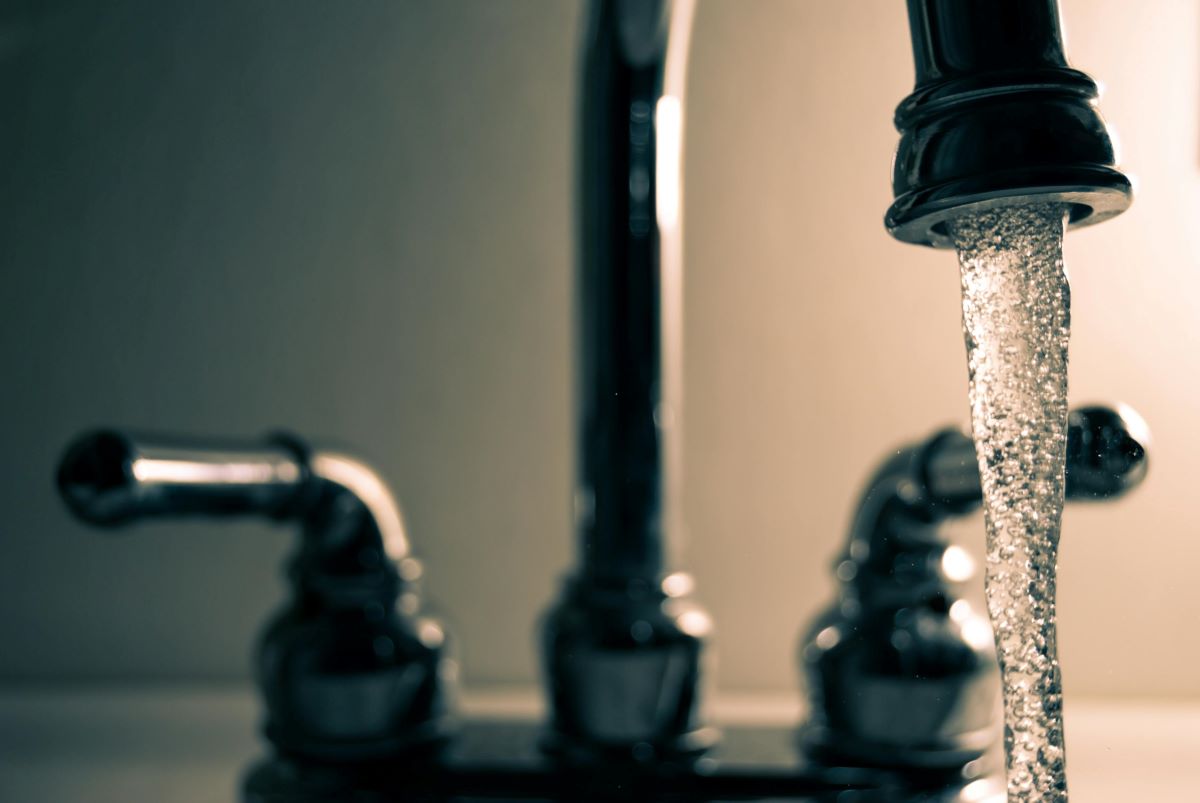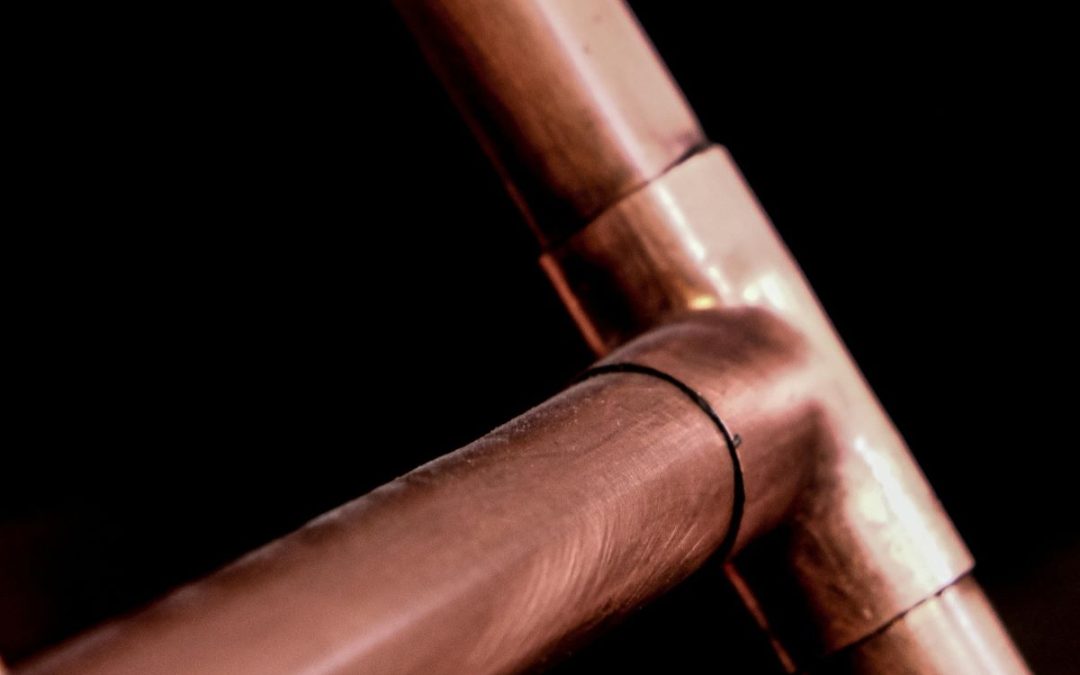Photo via Pexels
If you’re feeling unsure about which option to go with, we’re here to help. We’ll delve into the pros and cons of plastic vs. copper pipes, providing you with the information you need to make an informed decision that suits your specific needs.

Photo via Pexels
Pros of Using Plastic Pipes
Plastic pipes have grown in popularity in recent years due to their low cost and versatility. As opposed to copper pipes, they offer a broad range of benefits. Below, we’ll explore the pros of using plastic pipes vs. copper pipes for your plumbing system.
Easy to Install
You can experience a stress-free plumbing project with lightweight and manageable plastic pipes. Unlike copper pipes, cutting plastic pipes is a breeze, thanks to a simplified method. These versatile pipes can seamlessly bend and curve to navigate obstacles, eliminating the need for specialized tools and fittings. Additionally, connecting them is an easy undertaking with push-fit fittings or compression, which means you can complete your installation quickly and efficiently.
Corrosion Resistant
Plastic pipes are not easily corroded when exposed to water and everyday household chemicals. Since plastic piping systems can be modified, they can withstand a myriad of requirements of your home plumbing needs such as drainage and water supply.
Non-Reactive
Similar metals that are connected, such as iron and copper, can result in corrosion. However, plastic pipes allow for connection with metal pipes or each other without risking adverse chemical reactions.
Cons of Using Plastic Pipes
While plastic pipes offer a plethora of benefits, such as versatility and ease of installation, it’s important to consider the cons before making this decision. Below, we’ll examine the disadvantages of using plastic pipes for your plumbing system.
Restricted Tolerance to Temperature and Pressure
Plastic pipes are not tolerant to high temperatures and the most acceptable temperature range is from 33 to 140 degrees Fahrenheit. Since it’s plastic material, it has a low melting point and will dispense toxic contaminants. This brings on further danger in case a house fire happens.
Vulnerable to UV Damage
Plastic pipes may be fragile when exposed to UV rays. Protective coating such as latex paint can be put on outdoor pipes to extend their shelf life.
Pros of Using Copper Pipes
For a long time, copper pipes have been a reliable option for plumbers and homeowners alike, offering extraordinary performance and durability. As a credible source, copper pipes provide a wide range of benefits that have made them an ideal choice for both residential and commercial plumbing projects. Below, we’ll explore the pros of using copper pipes.
Long Lifespan
When well-maintained, copper pipes have a shelf life of at least 70 years. Copper easily stands up against vibrational damage, which is why they are a go-to choice in areas that are prone to earthquakes. They are also ideal for the outdoors or in areas with a lot of UV exposure.
Does Not Contaminate Water
While the use of metal pipes such as iron, galvanized steel, and lead has dwindled, copper pipes have held up against releasing hazardous materials into the water supply. Additionally, copper pipes are recyclable and can be used outdoors without adding special protection.
Fire Resistant
When considering plastic vs. copper pipes, copper has a high thermal rating, which means it’s resistant to fires. Copper pipes use fire-retardant materials, making them an exceptional choice.
Cons of Using Copper Pipes
Copper pipes have been a go-to choice for plumbers throughout the years, but they do not come without disadvantages. It’s critical to consider the cons so you can make an informed decision on which pipes are best suited for your home. Below, we’ll examine the cons of using copper pipes.
More Expensive
Over the years, the price of copper climbed significantly, mostly due to its heightened recycling value. The cost of installing copper pipes is up to 68 percent more expensive than plastic pipes, making plastic pipes a preferred choice in homes.
Can Freeze or Break
One of the drawbacks of copper their inclination to break if the water inside freezes. Copper pipes tend to lose heat rapidly and since the material does not expand, the pipes can split open or burst.
Cannot Withstand Acid
Copper pipes can become problematic if you’re dependent on water high in acidity or well water. Copper pipes should only be used in homes that are connected to a clean city water supply system.
Takeaway
When it comes to choosing between plastic vs. copper pipes for your plumbing needs, it’s important to carefully weigh the pros and cons of each material. Plastic pipes are affordable, versatile, and resistant to corrosion. In contrast, copper pipes feature unrivaled durability and outstanding fire resistance, and they do not release toxins into the water.
With that being said, the decision between plastic and copper pipes depends on factors such as budget, plumbing requirements, and personal interests. Getting in touch with a professional plumber at Premier Plumbing can help you make an informed decision that works best for your unique circumstances.

